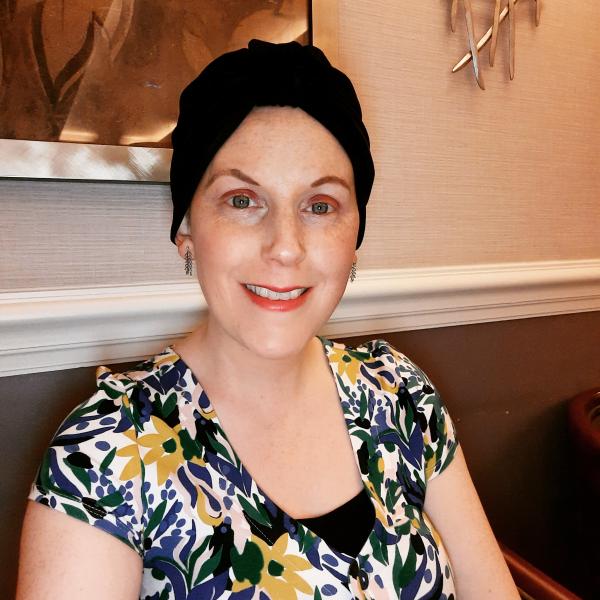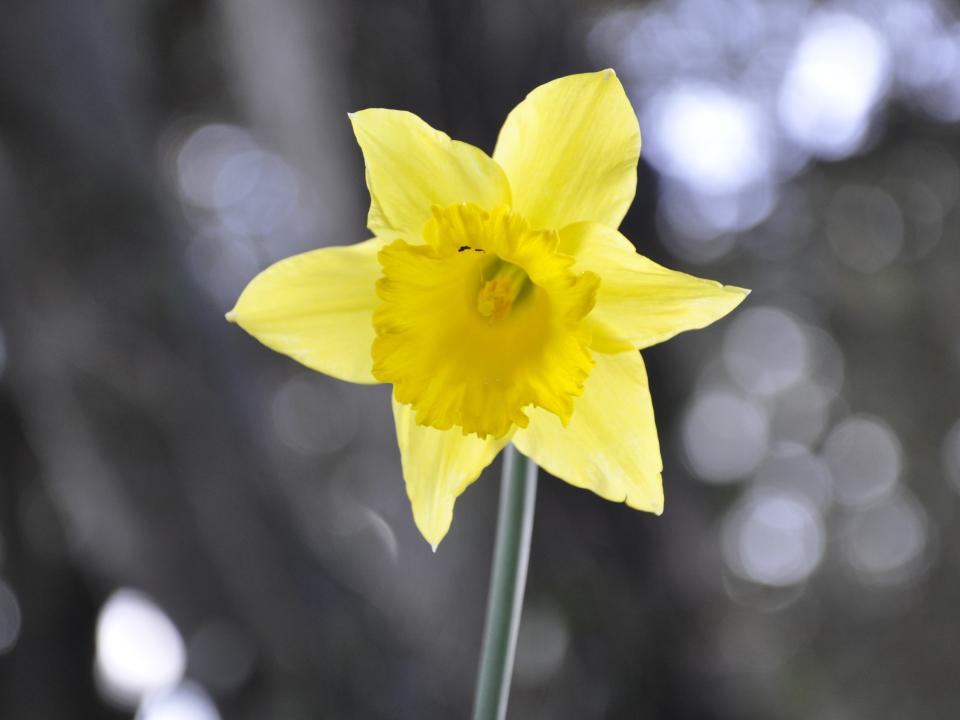
Few people have been impacted by cancer quite to the extent that Mary Walsh has.
The 39-year-old from Kildare was breastfeeding her young daughter Cadhla last June when one night she felt a lump on her breast.
Mary had sadly already lost her mother Peggy, father Peter and her aunty Mary to cancer in years gone by, and the BRCA gene mutation that is known to increase the risk of breast cancer was in her family, so she knew it was something she had to get checked out straight away.
“A lot of people were saying it might have been a blocked duct but I kind of knew, it just felt different,” recalls Mary of that worrying time.
“I went to the GP and because of my family history, he referred me to St James’s.”
Mary herself had previously tested negative for the high-risk BRCA gene, but nonetheless in the middle of August she received the news that she had an aggressive form of the disease known as triple negative breast cancer.
She began chemotherapy at the start of October lasting up until the end of February, after which she is expected to require surgery and radiotherapy.
Juggling a family with her three young children, Saoirse, Miles and Cadhla on top of chemotherapy is no easy feat, but Mary has found the Irish Cancer Society’s Volunteer Driver Service to be a great help during her treatment: “I use the service most weeks and it’s brilliant.”
Mary is philosophical about her breast cancer diagnosis, acknowledging that she is “one of the many unlucky ones who just happened to get it” after follow-up genetic testing confirmed that she did not have the BRCA gene.
Asked about a particular time that she feels cancer took from her, she casts her mind back to the first regime of chemo she was on, a time she describes as an incredibly difficult period.
“The chemo they put me on from October to December was one of the harshest ones there is. I feel like I missed out on those months with my kids. I was able to do stuff with them like colouring or reading books as that didn't involve too much exertion, but it was left to my husband Pat and family members to bring them to the playground, parks etc. and run around with them. Those months were hard. I felt like my body had given up on me. I had no energy, spent a lot of time in bed and was just wiped. Thankfully the chemo I’m on at the moment is a lot less harsh and I’ve energy for my kids and I’m really grateful for that.

“Since I’ve been diagnosed I’ve been trying to spread the message among my friends that it’s really important to check themselves, because it is. I never was one to check myself. I randomly found the lump one night. I was shocked to be diagnosed at 39 and you just don’t expect it, but mine was caught quite early which was good, and the fact that I went to the GP made the difference - I didn’t just leave it and think it was probably nothing. Of course, until I know that the chemotherapy has worked, I will be worried. I’ve heard stories of people with triple negative whose cancer has spread so that would always be in the back of your mind. But I’m hoping I get good news with my rescan coming up shortly."
Lengthy waiting times in hospital have unfortunately also been an issue for Mary, having to wait for up to 10 hours on occasion before being brought in for her treatment:
“It is difficult enough to have cancer, to have to come into a hospital every week or two to receive treatment which can cause difficult side effects without having to wait all day long. It is inconsiderate and unfair,” says Mary, who acknowledges it is a problem with the hospital system rather than staff, who have been very helpful.
Cancer takes so much from so many, this Daffodil Day we are taking back from cancer.
You make that happen.
Contact the Irish Cancer Society Support Line
If you have worries or concerns about cancer, you can speak confidentially to an Irish Cancer Society Cancer Nurse through the Freephone Support Line on 1800 200 700.
Monday to Friday, 9.00am - 5.00pm
For more information
Phone
1800 200 700

